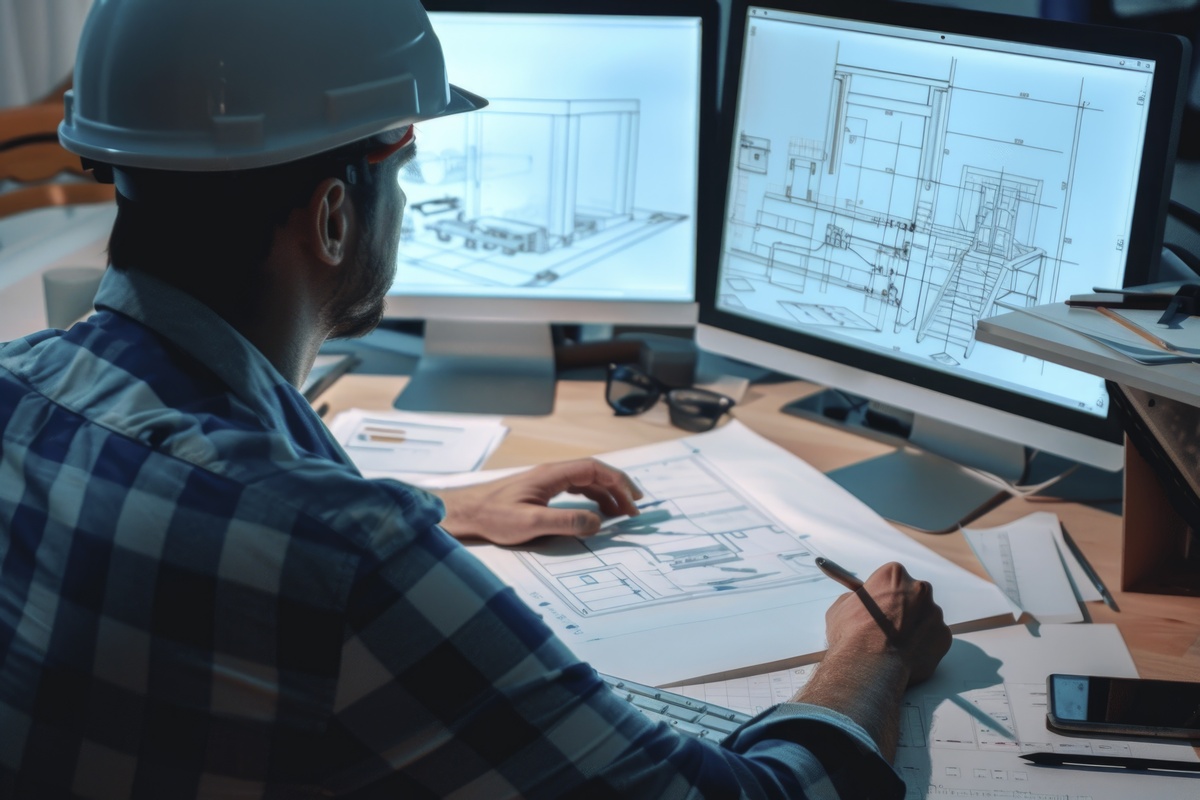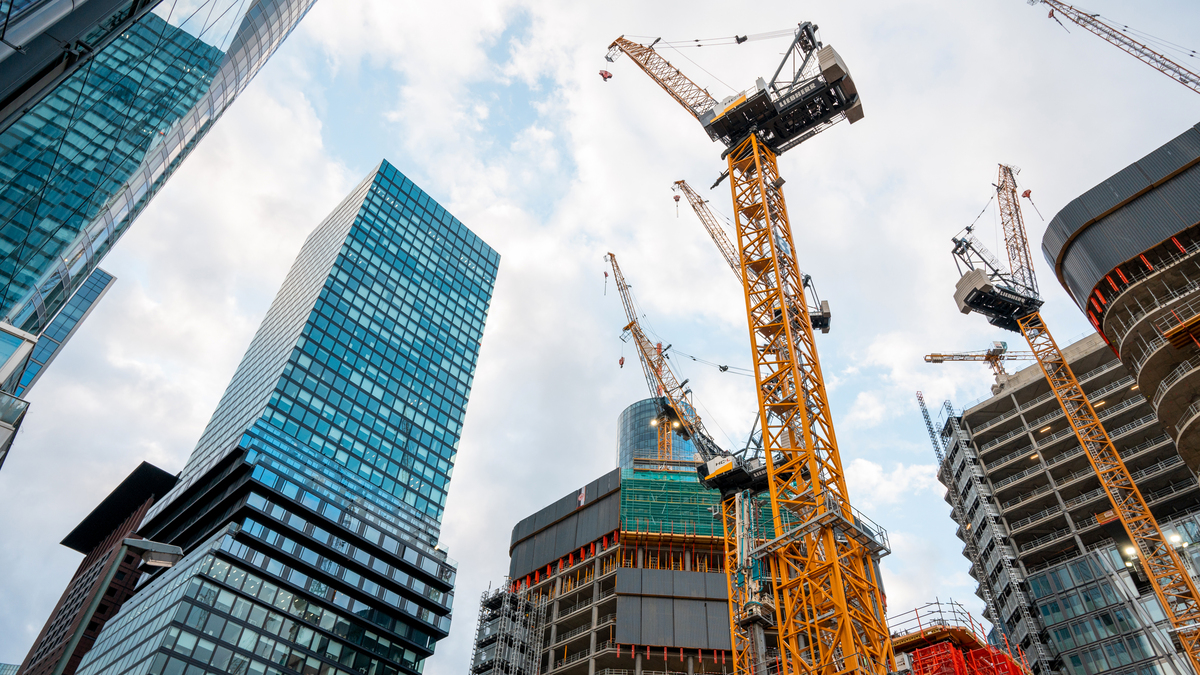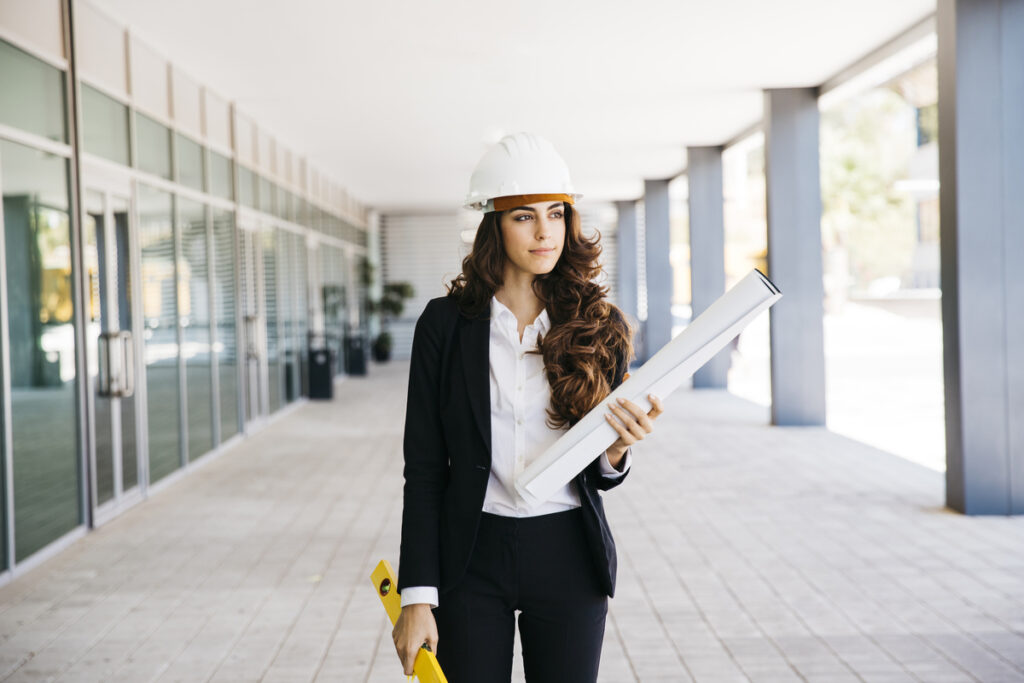Smart building construction has emerged as a critical component in today’s quickly changing construction sector, contributing to increased sustainability and efficiency. Smart building construction optimizes energy use and resource management while minimizing environmental effects by integrating cutting-edge technologies and creative approaches.
This method uses data analytics, automation in construction, and Internet of Things (IoT) devices to make buildings smarter and more environment-responsive. Developers, architects, and other stakeholders committed to sustainable construction development must comprehend the advantages of smart building construction as the need for greener and more efficient structures rises.
Table of Contents
Importance of Smart Building Construction
Smart building construction is crucial in the pursuit of sustainability and efficiency in the construction industry. The advantages of building smart are numerous, ranging from water and energy efficiency in buildings to real-time construction monitoring and the use of green building materials. Implementing smart building construction techniques is crucial for reaching long-term sustainability goals and establishing a healthier living environment for everybody, as demand for greener and more efficient structures grows.
Suggested article to read: Environmental Sustainability in Smart Construction Solution (2024)

Ways Smart Building Construction Enhances Sustainability and Efficiency
Here are 7 best ways smart building construction enhances sustainability and efficiency:
1. Improved Indoor Air Quality
By utilizing cutting-edge ventilation and air purification systems, smart building construction improves indoor air quality in construction. These systems keep an eye on and regulate indoor air contaminants such particle matter, CO2, and volatile organic compounds (VOCs). To maintain a healthy interior environment, smart building sensors measure air quality and modify ventilation rates. When used with construction HVAC systems, air purification systems eliminate pollutants and produce clean air, improving residents’ overall well-being.
2. Water Conservation Using Smart Plumbing
An essential component of sustainability is water saving, which smart building construction tackles with clever plumbing systems. These systems include effective water fittings, leak monitoring, and intelligent irrigation. Water consumption is minimized via smart irrigation systems that modify watering schedules in response to soil moisture levels and weather forecasts. Real-time plumbing monitoring by leak detection systems helps maintenance personnel identify problems before they become more serious. Low-flow toilets and faucets are examples of efficient fixtures that help save water.
3. Sustainable Building Materials
Smart building construction commonly includes the use of sustainable and eco-friendly materials. Reclaimed steel, low-carbon concrete, and timber products made sustainably are some of these materials. The adoption of such materials reduces the environmental impact of building projects. In addition, smart buildings are designed with life-cycle sustainability in mind, guaranteeing that materials can be reused at the end of the building’s life, further fostering sustainability.
Suggested article to read: Top 7 Reusable Materials in Construction; 2024 Review | Top 7 Smart Materials in Architecture (2024)

4. Energy Efficiency through Smart Systems
Smart building construction greatly improves energy efficiency through the use of advanced systems such as smart meters, automated lighting, and HVAC in buildings. These systems reduce waste and adapt to changing needs in real time, improving the usage of energy. Smart meters, for example, offer comprehensive data on energy consumption, facilitating more effective energy management and financial savings. Smart HVAC systems control temperature and airflow to maintain ideal indoor conditions, while automated lighting systems adapt in response to occupancy and the availability of natural light.
5. Real-Time Monitoring and Maintenance
Smart buildings are equipped with types of sensors and IoT devices which offer real-time construction monitoring of different building systems. By preventing system failures and decreasing downtime, proactive maintenance is made possible by this constant data collection. Smart sensors, for instance, can identify problems with electrical circuits, HVAC systems, or structural components early on, enabling prompt repairs. This prolongs the life of building systems and components while also improving the efficiency of building operations.
6. Using Renewable Energy Sources
The design of smart building construction is characterized by the incorporation of renewable energy sources, such as wind turbines and solar panels. These renewable energy solutions lessen greenhouse gas emissions and dependency on fossil fuels. In order to properly control supply and demand, energy storage systems are included into smart construction designs to maximize the usage of renewable energy. By ensuring a consistent and dependable supply of clean energy, this improves energy efficiency and sustainability.
7. Automation in Construction for Waste Reduction
The use of automation in smart building construction reduces waste through enhancing accuracy in material usage and reducing human error. Robotics and automated machinery guarantee that materials are built and cut with the least amount of waste. Further minimizing material waste in the construction industry is the exact production of components made possible by 3D printing technology. This practice not only improves sustainability but also reduces expenses related to extra material consumption and disposal.
Suggested article to read: The Role of 3D Printing Robots in Construction; 2024 Guide | 11 Examples of 3D Printed Houses

Future of Smart Building Construction
Blockchain in construction, artificial intelligence (AI), and machine learning in construction are just a few of the cutting-edge technologies that will enable the development of smart buildings in the future. With technologies that can perform adaptive environmental controls, self-governing energy, and predictive maintenance, buildings will become more self-sufficient over time.
Furthermore, as sustainability gains more attention, smart buildings will be essential to meeting energy efficiency targets and minimizing the environment’s total impact. As smart buildings develop, urban surroundings will probably become more intelligent and networked, improving both living standards and operational effectiveness.
Conclusion
Achieving sustainability and efficiency in contemporary construction projects requires a commitment to smart building construction. Smart buildings improve resource management, provide healthier living environments, and dramatically lower energy usage by utilizing technology like IoT, automation, and data analytics.
With the building sector always changing, these developments will be essential to creating a sustainable future. Using smart building construction techniques is a win-win situation for all parties concerned because it not only satisfies the increasing demand for eco-friendly buildings but also guarantees long-term financial and environmental benefits.
Suggested article for reading:
4 Case Studies of Successful Smart Construction Solutions (2024)
Building Smarter in 2024: The Role of Sensors in Modern Construction
Role of Artificial Intelligence in Smart Construction Solution; 2024 Guide
Environmental Sustainability in Smart Construction Solution (2024)
Challenges and Solutions in Smart Construction Adaptation; 2024 Review
Resources:
LVIAssociates | AdvancedBuildingCorporation | EETimes | Deloitte
For all the pictures: Freepik



